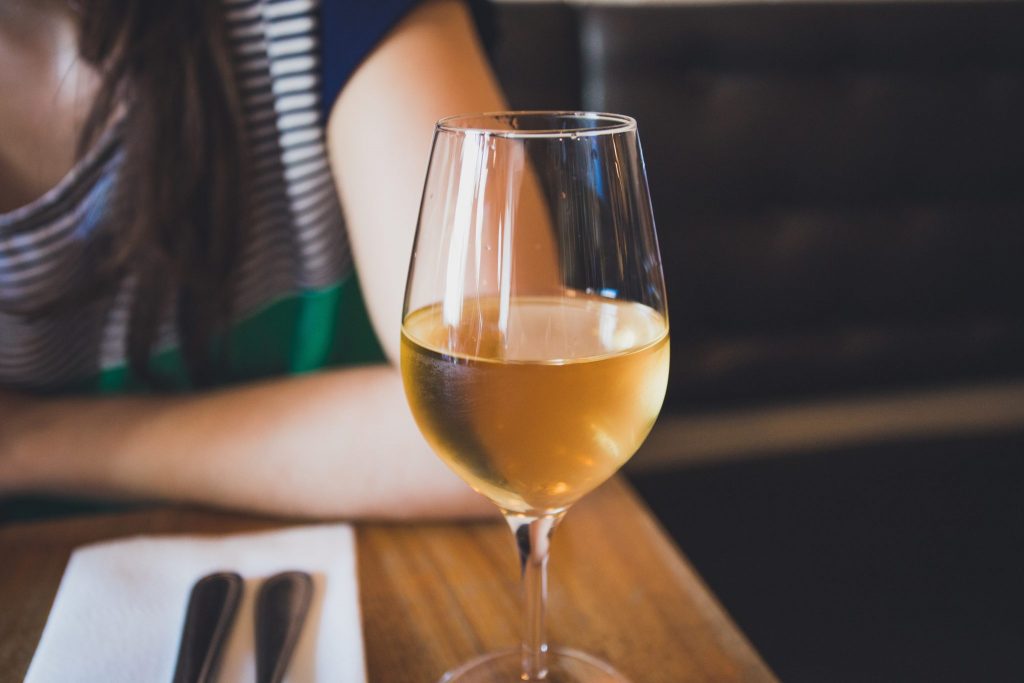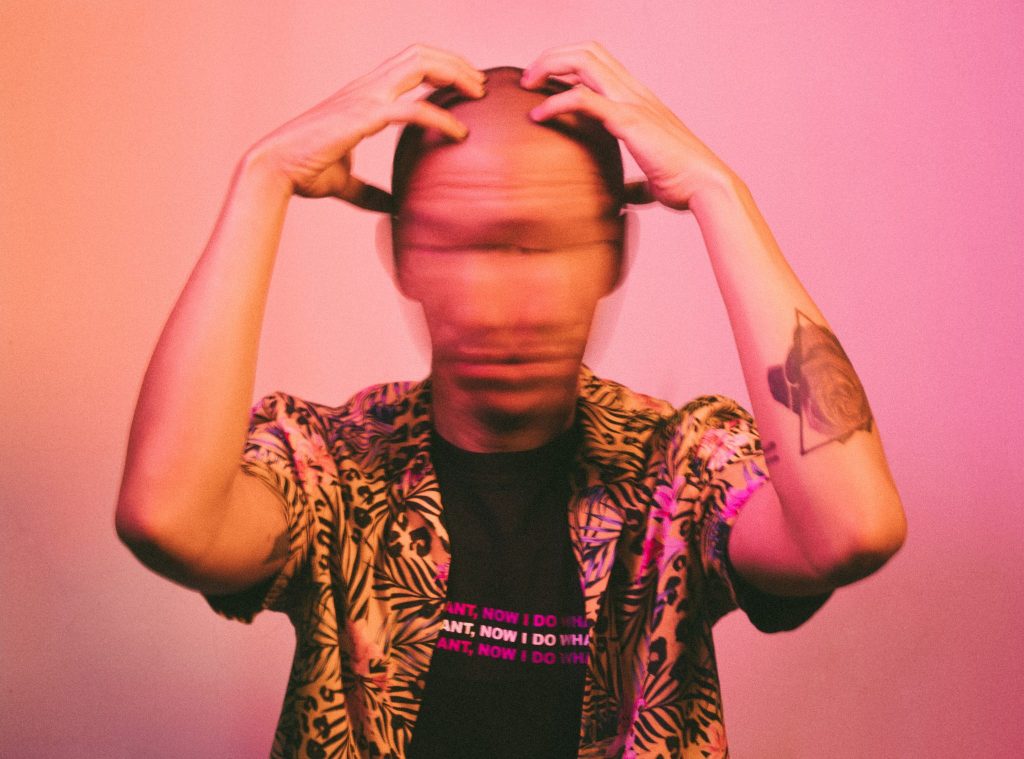How To Stop Alcohol Cravings: Overcoming the Urge For Good
Cravings for alcohol are a very common part of recovery from alcohol use disorder. If you are experiencing these, it is important to know that they are not your fault—and that you are not powerless in the face of them. This is a normal part of the process; this too shall pass.
Alcohol cravings are a consequence of alcohol’s interaction with your brain chemistry. Even people who aren’t severely addicted can experience them. So, if you find yourself craving a glass of wine after work, but don’t feel you have a problem otherwise, this post is for you as well.
Below, we’ll cover the science of liquor, beer, and wine cravings. Then, we’ll get to the more pressing matter: How to deal with alcohol cravings in the moment, and what you can do to overcome them long-term.
What Is an Alcohol Craving?
We often use the word “craving” casually in our culture. But the real thing is often much stronger than simply being “in the mood” for a slice of pizza or an ice cream cone (although for people with eating disorders, food cravings can be very real).
The National Institute on Alcohol Abuse and Alcoholism (NIAAA) defines alcohol cravings as “a strong desire or sense of compulsion” to drink. Cravings may also include intense, frequently occurring thoughts about alcohol.
What Do Alcohol Cravings Feel Like?
Cravings may not feel the same for every person. However, many people experience them as intense stress or anxiety if they cannot drink. Cravings may also be accompanied by physical signs, such as sweating or changes in heart rate and blood pressure.
Why Do I Crave Alcohol?
If you ever find yourself wondering, “why am I craving alcohol,” there are probably several reasons. Here are the most common factors which feed into that strong urge to drink.
1. Brain Chemistry
Excessive alcohol use can rewire your brain to want or expect more alcohol, increase your stress response if you don’t get it, and even reduce your impulse control, making it harder to resist cravings for beer, wine, and liquor. The more you drink, and the more often, the more your brain adapts to the presence of alcohol.
Your reward system is one of the main culprits in this process. The human brain is wired from birth to reward and reinforce behaviors that benefit us—including eating, sex, and socializing. Alcohol triggers this same system, causing our brains to consider drinking an important activity that we should repeat. A brain chemical called dopamine, in particular, helps turn drinking into an unconscious habit which is uncomfortable to resist.
But that’s not all: Alcohol also imitates some of the brain chemicals we depend on to regulate our mood. The more we drink, the less our body produces the neurotransmitters that help us stay relaxed or calm on our own, leading to strong feelings of anxiety when we don’t drink. Finally, excessive drinking impacts the prefrontal cortex, which helps us control our impulses. This makes cravings even harder to say no to.
Read more: Alcohol and Your Brain
2. Routines, Habits, and Drinking Triggers
Internal and external drinking triggers also play a big role in strong cravings for alcohol. Emotions, objects, and places that we associate with drinking can produce a powerful urge, while some routines and habits can make drinking feel nearly automatic.

If you are accustomed to opening a bottle of wine in the evening, for example, it might feel jarring and uncomfortable to sit on the couch without a glass in your hand. The same is true if you’re used to hitting happy hour after work at your favorite bar. Simply leaving the office might bring up the urge to go have a beer. If you don’t consider yourself an alcoholic, these urges might feel odd or out of the blue, begging the question, “why do I crave alcohol?”
Drinking triggers can be both internal and external. Common external triggers include the sight and smell of alcohol, and being in the company of others who drink. Internal triggers may include stress, sadness, anger, anxiety, or thoughts and emotions linked to trauma. If you associate alcohol with fun and celebration, even feelings of happiness might trigger alcohol and wine cravings.
3. Post-Acute Withdrawal Syndrome
If you’ve recently quit drinking, you may also be experiencing post-acute withdrawal syndrome (PAWS). This is very common in alcohol recovery, and happens after the most severe symptoms of physical withdrawal have ended.
It can take some time for a person’s brain chemistry to readjust after giving up alcohol. Many people also experience strong emotions they may have repressed while they were drinking, and experience stress when re-adjusting to daily life and building new routines that are alcohol-free. With the right support system, PAWS often resolves itself. But until it does, you’ll likely experience especially strong cravings.
Other common symptoms of PAWS include anxiety, depression, irritability, difficulty with cognitive tasks, negative or self-defeating thoughts, insomnia, difficulty with relationships, and obsessive-compulsive behaviors. Up to 75 percent of people in alcohol recovery will experience PAWS to one degree or another.
How Long Do Alcohol Cravings Last?
Drinking urges can be extremely uncomfortable. If you’re experiencing an alcohol craving at this moment, it’s important to remember that the feeling will pass if you wait it out. However, since these urges tend to come and go for a while after people quit drinking, many also wonder when the larger issue will finally stop. When do alcohol cravings go away?
The answer is that your mind, body, and daily habits need time to adjust to life without alcohol. For some, strong cravings may last for months, while for others it may take years. Much of it comes down to an individual’s body chemistry, how much and how long they were drinking, and whether they have support that is a good match for their needs.
Things To Try in the Moment
If you are dealing with alcohol cravings right this second, Ria Health coach Maricela Ramos offers several tips to beat the urge, including:
- Change rooms or leave the area where you are having cravings
- Commit to waiting it out for at least 20 minutes
- Accept that cravings are normal and not permanent
- Have a nonalcoholic drink as a substitute
For more complete list of coping strategies and coaching tips, read her full post here: 6 Tips To Beat Alcohol Cravings From a Recovery Coach
How To Deal With Alcohol Cravings Long-Term

If cravings are having a big impact on your well-being, how can you stop craving alcohol in the big picture?
It takes time, patience, and persistence to put a stop to cravings, but for many people it is possible to end them, or at least greatly reduce them. Below are some key strategies to help you stop craving wine, beer, and any other form of alcohol.
Identify Your Triggers and Make a Plan
Pay attention to when you experience alcohol cravings. What are you seeing, hearing, doing, thinking, or feeling that could have triggered the craving? If it helps, make a list of things that trigger you to drink.
Once you know your triggers, identify some strategies that can help you avoid them, and write those down as well. These might include not driving past your favorite bar or wine shop, or taking a break from socializing with friends who drink often. For situations where a trigger is unavoidable, you might find a trusted friend you can call, or come up with an exit strategy ahead of time.
The NIAAA offers a printable urge tracker and a worksheet for handling triggers. Ria Health members also get a workbook with a number of exercises to mindfully manage drinking urges.
Try Anti-Craving Medication
There are several prescription medications that are shown to reduce alcohol cravings, helping people reduce or quit drinking.
- Naltrexone blocks some of the pleasurable effects of alcohol, reducing a person’s motivation to drink. Eventually, many people report a loss of alcohol cravings.
- Acamprosate is intended for people who want to stop drinking entirely. People typically start acamprosate on the fifth day of abstinence, and it helps to control cravings and prevent relapse.
- Gabapentin is an increasingly common off-label medication for alcohol use disorder. It is particularly effective for reducing cravings triggered by anxiety and insomnia.
- Baclofen is often used to treat back spasms, but has found an additional use as a treatment for alcoholism. Some people who take it report a loss of interest in alcohol.
- Topiramate is generally prescribed to treat seizures and migraines. In clinical trials, however, people have also reported fewer cravings for alcohol, especially those related to anxiety. Participants have also reported less pleasure from alcohol.
Practice Mindfulness
Mindfulness has its roots in ancient Buddhist practice, and is essentially a form of mental training. When used in addiction treatment, the goal of mindfulness is to become fully aware of things as they are at the present moment, and to accept them. This can be very useful in breaking mental “loops” and establishing new behavior.
What does this look like in practice? If you were having an alcohol craving, you would start by bringing your awareness to the present, and then observing the craving. You would avoid judging anything you were feeling, or trying to fight against it. You would simply let it exist, without actually following it. With time and practice, you would begin to learn that cravings eventually pass, and as a result they would become less powerful.
Essentially, mindfulness is a tool that helps you make choices about your thoughts and behavior. It teaches you to observe rather than react, strengthening your ability to “ride out” unpleasant feelings and cravings. Of course, the more often you do this the easier it becomes. Beginning a daily practice can make a big difference. This generally includes meditation, but you might also choose to set daily aspirations, or practice performing everyday activities mindfully.
Get Coaching Support
Learning to navigate drinking triggers in daily life can be difficult. A recovery coach can give you tools for dealing with strong alcohol cravings, help you set achievable goals, manage shame and stress, and track your progress accurately. Having an experienced person to talk to about your unique challenges can give you the confidence and the skills to keep moving forward when the going gets tough.
Learn more about Recovery Coaching with Ria Health
Whether you experience occasional drinking urges, or find yourself craving alcohol every day, Ria Health can help. We support everyone from social drinkers who would like more control, to people who drink heavily and daily. You don’t need to identify as an alcoholic or put your life on hold to get help with alcohol cravings.
Find out how online treatment may be able to help you quit or cut back, 100 percent from home.
Will insurance cover treatment? Verify Coverage
Have Questions? Call (800) 504-5360



